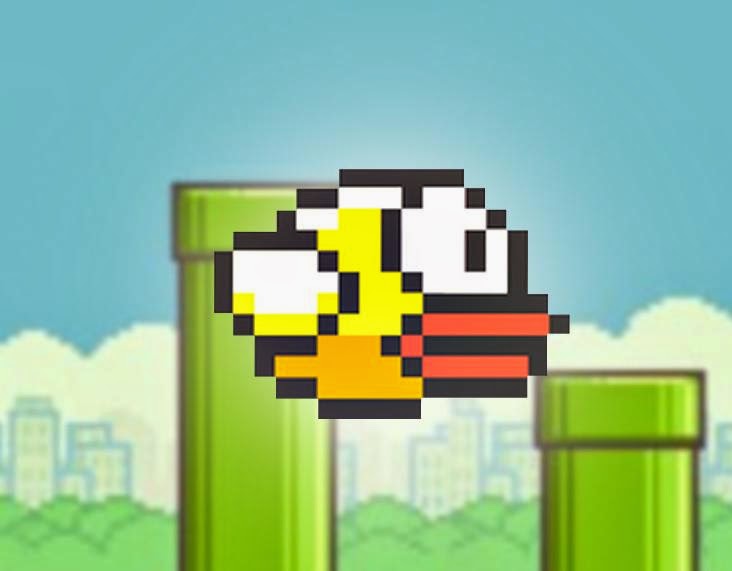
Developing your own indie game can be both exciting and challenging. As a beginner, it’s essential to approach the process systematically. The process can very quickly become overwhelming. I have compiled these 18 hints to help you get started:
Define Your Vision and Concept:
- Clarify the type of game you want to create.
- Outline the core gameplay mechanics and features.
- Define the theme, art style, and overall aesthetic.
- Record all of this in a game design document for safekeeping.

Learn the Basics of Game Development:
- Familiarize yourself with programming languages like Python, C++, and C#
- Become familiar with game development frameworks like Unreal, Unity, or Godot.
- Understand the basics of game design principles, including level design, player feedback, and user interface.

Choose Your Development Tools:
- Select a game engine or development platform that aligns with your vision and skill level (e.g., Unity, Unreal Engine, Godot).
- If you want to avoid writing your own game code, learn to use the visual scripting options with your game engine of choice.
- Explore graphic design tools for creating game assets (e.g., Blender, GIMP, or Adobe Creative Cloud).

Start Small:
- Begin with a small, manageable project to hone your skills.
- Focus on a single, achievable goal to avoid feeling overwhelmed.
Set Up Your Development Environment:
- Install and set up your chosen game development tools.
- Create a version control system (e.g., Git) to track changes in your code and assets.
Learn and Practice:
- Take advantage of online tutorials, courses, and documentation.
- Experiment with sample projects to reinforce your understanding.

Build a Prototype:
- Develop a simple prototype to test your game concept.
- Use placeholder assets initially to concentrate on functionality.
Gather Feedback:
- Share your prototype with friends, online communities, or game development forums.
- Use feedback to refine your concept and identify areas for improvement.
Create a Development Plan:
- Break down your game into smaller tasks.
- Set achievable milestones to track your progress.
Develop Your Game:
- Begin coding, designing levels, and creating assets.
- Regularly playtest your game to identify and address issues.

Optimize and Polish:
- Optimize your code and assets for performance.
- Polish the user interface, graphics, and overall user experience.
Implement Sound and Music:
- Integrate sound effects and background music into your game.
- Consider using free or royalty-free resources for audio elements.
Test Rigorously:
- Conduct thorough testing to identify and fix bugs.
- Consider beta testing with a small group to gather additional feedback.
Create Marketing Materials:
- Develop a trailer, screenshots, and a website for your game.
- Build anticipation by sharing progress updates on social media.
Prepare for Release:
- Set a release date and create promotional strategies.
- Submit your game to Steam, itch.io, or the App Store.

Launch Your Game:
- Release your game to the public and celebrate your achievement.
- Monitor player feedback for potential updates and improvements.
Learn from the Experience:
- Reflect on the development process and the reception of your game.
- Identify lessons learned for future projects.

Continue Growing:
- Build on your experience and consider more ambitious projects.
- Stay connected with the game development community for ongoing support and inspiration.
Remember, the journey of game development is a continuous learning process. Stay curious, be persistent, and enjoy the creative freedom of being an indie game developer. Good luck!

